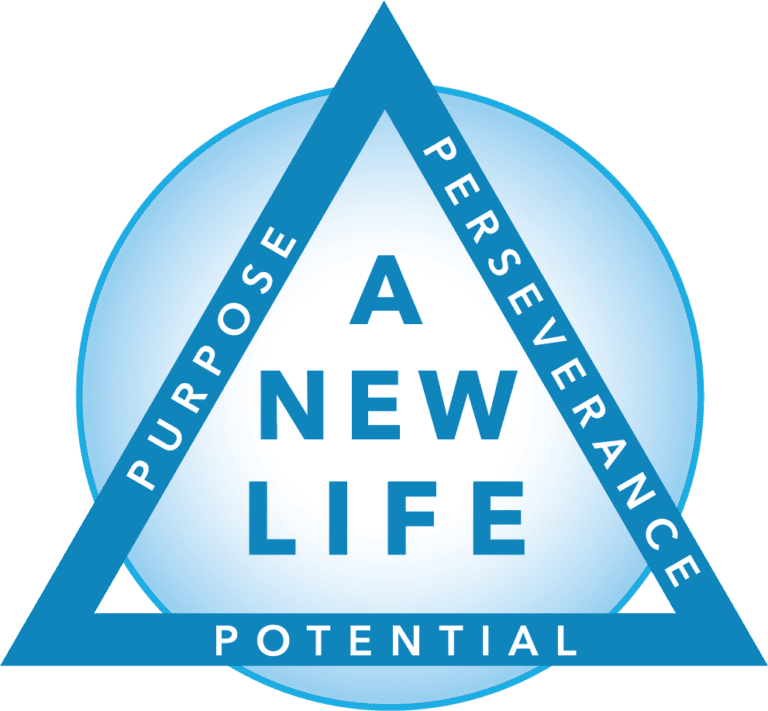
Leading a clean life after struggling with addiction isn’t a simple road to take; nevertheless, having strong support structures would make all the difference. This article will delve into the importance of supportive relationships in sustaining sobriety and how family, friends, and peers are there for each other throughout the path to recovery. Readers will learn about building positive relationships and relying on the community for long-term sobriety.
1. What Sober Living Means
Sober living refers to individuals who have decided to change their lives from one that was utterly influenced by substance addiction to a much better one without it. In its most basic definition, sober living is not only just abstaining from drug or alcohol use; it’s about making personal improvements, healing, and changing for good.
What Is Sober Living?
Put, living sober means avoiding drugs as well as alcoholic drinks so that you can be healthy in all spheres of your existence.
Importance of Support in Sobriety:
Indeed, significant here is an appreciation of the fact that sober living demands that someone does not do it alone; otherwise, they might end up using it again. Whether this means being encouraged by family members or finding solace among fellow recovering addicts during meetings, treatment programs underpin recovery within these groups.
2. Family’s Role in Keeping Clean
The journey to recovery from addiction initially starts with family support as a pillar of strength, understanding, and love. Familiarize yourself with the importance of family in this context in detail:
Family Dynamics in Recovery: Family dynamics play a significant role in an individual’s recovery journey toward sobriety. Some families may provide constant encouragement and support, while others may have communication barriers, enabling behaviors, or unresolved problems in the recovery process.
Rebuilding Trust and Communication: Addiction often damages relationships, thereby making it difficult for family members to trust each other or communicate effectively. The path to recovery provides a chance for healing and reconciliation. Open communication among family members helps rebuild trust and fix relationships toward fostering an environment supporting abstinence.
Emotional Support and Encouragement: In times of difficulty, relatives offer emotional assistance, offering them unconditional love, empathy, and understanding when they need it most. This unwavering belief can be a source of hope and motivation, which triggers an urge for positive change against drug abuse.
Setting Boundaries and Establishing Healthy Relationships: When helping their loved ones on the way out of addiction, close relatives must think about their welfare too by setting healthy boundaries. It may involve avoiding enabling behaviors, practicing self-care, and seeking therapists or support groups who help them navigate through the complexities involved in recovering from addictions.
3. The Value of Friendships in Recovery
Friends who uphold sobriety are significant because they can share their experiences, giving one company that understands what they are going through. They belong, thereby developing positive peer pressure for healthier decisions concerning diets.
Choosing Supportive Friends
Navigating Social Situations
4. Peer Support Groups: Finding Strength in Community
Groups like AA (Alcoholics Anonymous) or NA (Narcotics Anonymous) bring solace since they remind those suffering from substance abuse disorders that others like them have managed to quit and are still sober today. They provide a safe environment for sharing, seeking advice, and supporting each other.
Benefits of Peer Support Groups
Finding the Right Group for You
5. Professional Support: Therapists, Counselors, and Mentors
Professional support, in addition to family members and friends, is crucial during the recovery process. Therapists, counselors as well as mentors can provide guidance using specialized techniques on how to cope with addiction issues and stay clean.
Role of Therapists and Counselors
Importance of Mentorship in Recovery
6. Strategies for Building and Maintaining Support Systems
Developing and maintaining a solid foundation requires constant effort. Here are some ways through which you can have healthy interactions that will help you grow your network:
Tell your loved ones about what you’re experiencing in full disclosure.
Set boundaries around yourself by surrounding yourself with people who appreciate your sobriety.
Regular attendance at support group meetings is essential for effective participation.
Stay away from negative influences or situations that could trigger cravings or relapse.
7. The Power of Community in Long-Term Sobriety
Sobriety is best achieved collectively rather than individually, so surrounding oneself with good friends, family, and relatives paves the way for healing from addictions. By doing so, you will gain the strength to succeed against all odds, as well as encouragement and hope to live a life worth living again.
Call Today A New Life Sober Living.
Do you face addiction, or has your loved one faced addiction? A New Life Sober Living offers a supportive and nurturing environment for those who want to escape the cycle of dependency and live clean. Talk to us now about our sober living programs and begin your process towards improved health, joy, and satisfaction in life.
